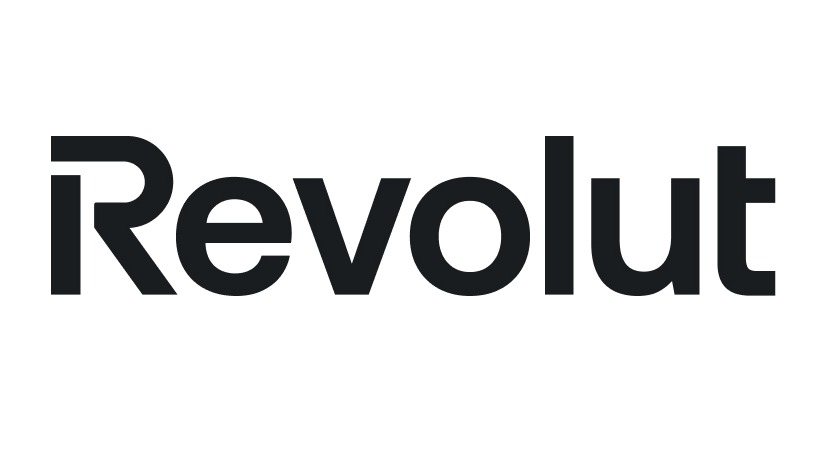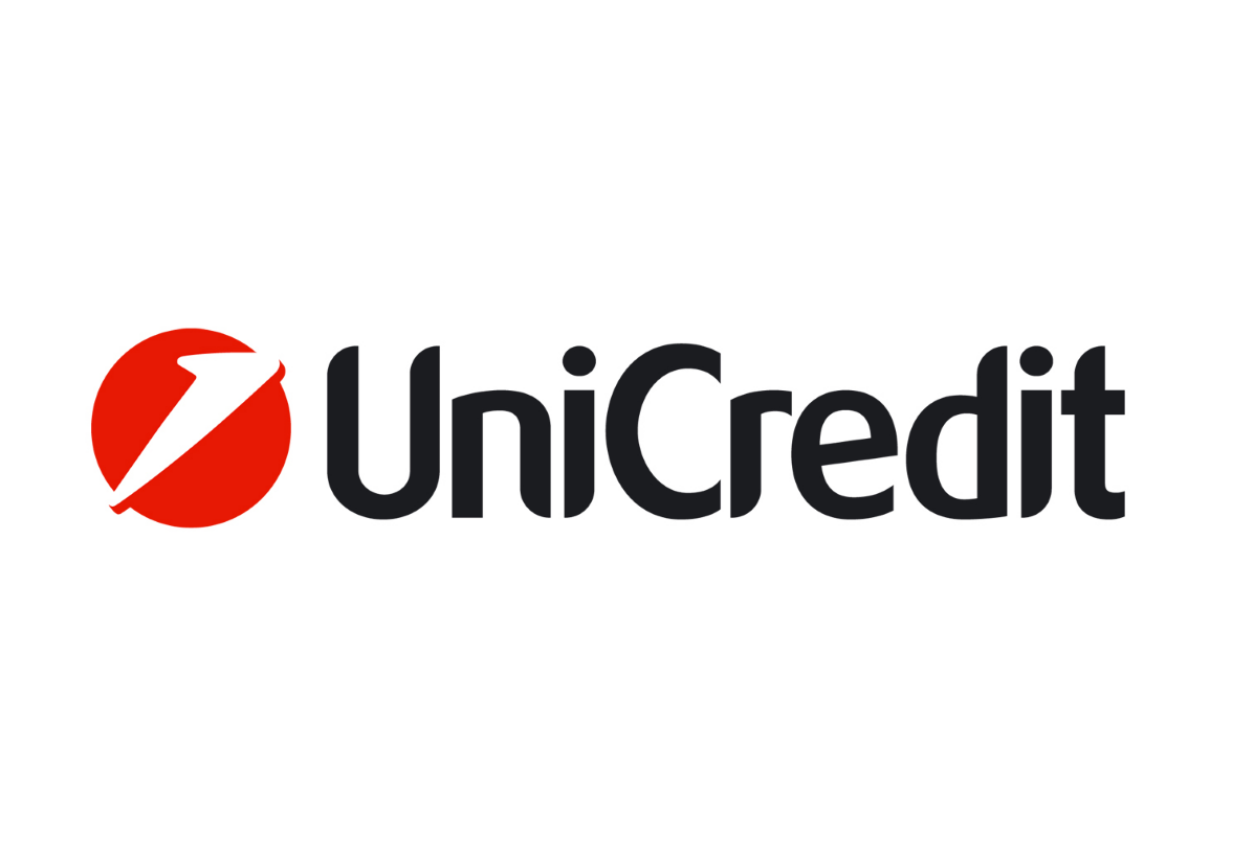Scams originating on platforms run by Meta account for 54 per cent of scams reported to Revolut, according to new research by the neobank.
In a new report, the company revealed that this is the third consecutive reporting period where Meta, which owns Facebook, Instagram and WhatsApp, has held this position.
In contrast, Google platforms account for 0.09 per cent of all fraud cases, with Revolut saying that this proves BigTech giants can prevent fraud at the source.
While around 28 per cent of scams originated on Facebook, the report highlighted that criminals are increasingly turning to encrypted messaging services to exploit victims.
Fraud originating on WhatsApp and Telegram now accounts for 39 per cent of reported scams, according to the bank.
Revolut said that consumers are led to believe that these platforms are secure, yet the number of cases stemming from Telegram jumped by 121 per cent in in the first half of last year, while WhatsApp cases rose by 67 per cent.
Purchase scams, where victims are tricked into paying for goods that do not exist, are still popular. The report found that the second half of 2024 saw an increase in ticket scams, as criminals targeted younger demographics, with individuals aged 17-24 and 25-34 accounting for 36 per cent and 38 per cent of victims respectively.
“Fraudsters are rapidly adapting their tactics, increasingly exploiting supposedly secure encrypted messaging apps like WhatsApp and Telegram,” said Woody Malouf, head of Financial Crime at Revolut. “Yet, despite repeated calls from Revolut and other financial institutions, social media platforms are failing to address the fraud plaguing their users, and their inaction is not just negligent; it's a direct enabler of financial crime.
“We need immediate, decisive action, not empty promises.”
Last year, Revolut's fraud practices came under the spotlight after a BBC Panorama investigation found that the challenger was named in more fraud reports than any other UK bank.
The broadcaster revealed figures it obtained from Action Fraud under a Freedom of Information (FOI) request which showed that the bank was mentioned in 9,793 fraud reports over the 12-month period.
Revolut was mentioned in a significantly higher number of reports than the second most named bank, Barclays, which was involved in 7,874 cases.
Earlier this year, Revolut launched in-app calls to enable customers to identify impersonation scams and make communication between customer support and account holders safer and more reliable.
The British challenger bank had been testing and developing in-app calls for a number of months prior to the launch, creating an app-native feature which it claims criminals can’t replicate.
Latest News
-
Gemini to cut quarter of workforce and exit UK, EU and Australia as crypto slump forces retrenchment
-
Bank ABC’s mobile-only ila bank migrates to core banking platform
-
Visa launches platform to accelerate small business growth in US
-
NatWest to expand Accelerator programme to 50,000 members in 2026
-
BBVA joins European stablecoin coalition
-
eToro partners with Amundi to launch equity portfolio with exposure to ‘megatrends’
Creating value together: Strategic partnerships in the age of GCCs
As Global Capability Centres reshape the financial services landscape, one question stands out: how do leading banks balance in-house innovation with strategic partnerships to drive real transformation?
Data trust in the AI era: Building customer confidence through responsible banking
In the second episode of FStech’s three-part video podcast series sponsored by HCLTech, Sudip Lahiri, Executive Vice President & Head of Financial Services for Europe & UKI at HCLTech examines the critical relationship between data trust, transparency, and responsible AI implementation in financial services.
Banking's GenAI evolution: Beyond the hype, building the future
In the first episode of a three-part video podcast series sponsored by HCLTech, Sudip Lahiri, Executive Vice President & Head of Financial Services for Europe & UKI at HCLTech explores how financial institutions can navigate the transformative potential of Generative AI while building lasting foundations for innovation.
Beyond compliance: Building unshakeable operational resilience in financial services
In today's rapidly evolving financial landscape, operational resilience has become a critical focus for institutions worldwide. As regulatory requirements grow more complex and cyber threats, particularly ransomware, become increasingly sophisticated, financial services providers must adapt and strengthen their defences. The intersection of compliance, technology, and security presents both challenges and opportunities.
© 2019 Perspective Publishing Privacy & Cookies














Recent Stories